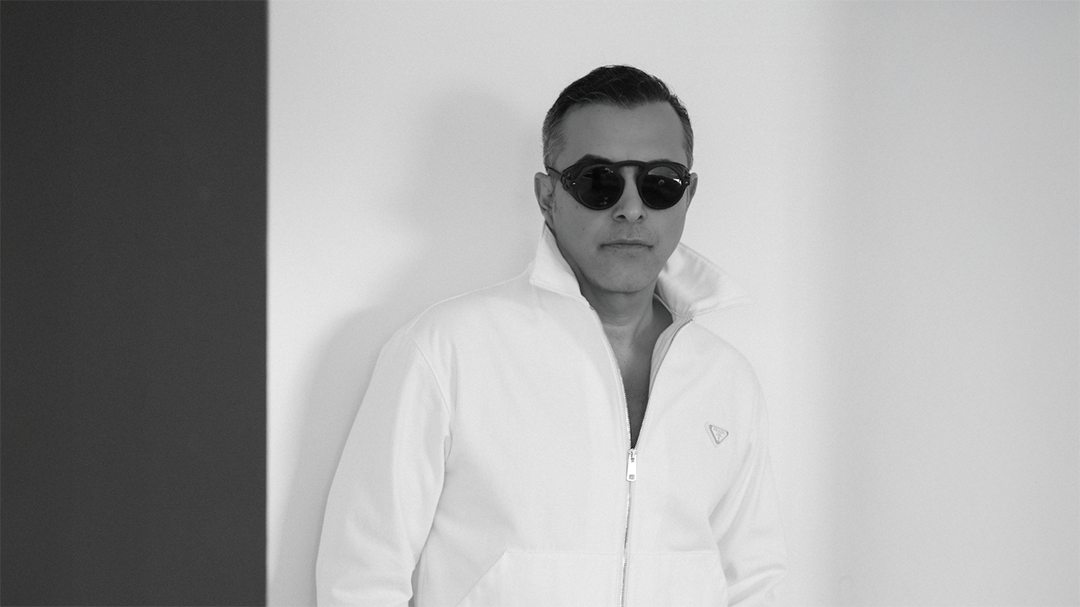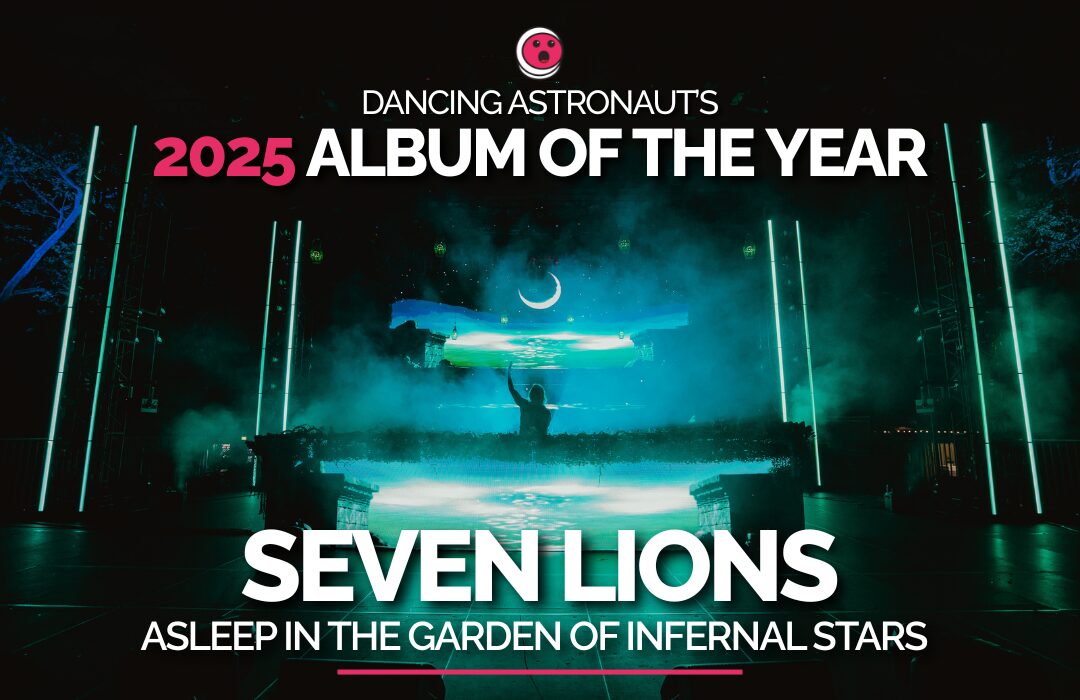WARNING: This article includes mentions of rape, slavery and grooming.
The Rising of the Shield Hero has been steeped in controversy from the very beginning, owing in large part to how its main protagonist, Naofumi Iwatani, is falsely accused of rape. It’s also understandable how some viewers could be made to feel uncomfortable by Naofumi’s relationship with his female companion, Raphtalia, as well as her origin and infantilized personality. Yet, the anime has plenty of fans eager for its upcoming second season. Let’s look into the controversies and see why this is, as well as if the second season has the potential to redeem the show.
The Rising of the Shield Hero is an isekai that sets itself up to be unconventional. It is surprisingly hard on its main character from the jump, as his cohorts take advantage of his naivety and his seemingly useless shield attribute. In the first episode alone, he is accused of rape (in a female-dominated society), has his belongings stolen and is both shunned and mocked for being barely capable of fighting. He is made into a cynic by the world he has found himself in, and at his wits’ end, he’s forced to buy a slave. This rough start proved itself to be incredibly polarizing for Western audiences.
On the surface, many viewers and notable anime publications accused it of creating a hotbed for incel culture through its depiction of false rape accusations, slavery, and later on, potential sexual grooming. It was also considered to be in bad taste to speak on false rape accusations during the #MeToo movement, especially as the allegations of misconduct against voice actor Vic Mignogna were released at the same time as the show airing.
Although the criticism was loud, many fans who gave it more than a one-episode chance largely acknowledged the shows’ questionable issues and were very supportive of the show by watching regularly and letting it be publicly known on social media. It is believed that many who worked on the creation of The Rising of the Shield Hero light novels and manga are female and it appears that the points of contention some viewers have with the story have been largely due to cultural differences, rather than support of misogyny.
It has also been stated by Junichiro Tamura, the show’s producer, that “there have not been any controversies regarding the series in Japan, so it is difficult to say. There was controversy domestically, [so] we will try to address all issues with the staff and people involved to bring our customers a better product the next time."
Fans also later faced the reckoning of a potential grooming situation involving Raphtalia and Filo, as both characters have shown romantic interest in Naofumi. Despite these questionable situations (especially for Western audiences), the anime has time and again proven that Naofumi’s view on both Raphtalia and Filo is purely fatherly, and he does not recognize their feelings as romantic. He repeatedly makes a point to ensure Filo is clothed, not because he is embarrassed or intrigued by her nakedness, but in order to protect her. Naofumi’s and Raphtalia’s relationship is fundamentally built on mutual trust for one another and has been one of the saving graces for him in a world that has been against Naofumi from the very beginning.
Fans that stuck with the isekai were rewarded with a phenomenal soundtrack, training arcs, incredible fight scenes, interesting power scaling, endearing and comforting entertainment, and the chance to fall in love with every notable character.
In the final episodes of Season 1, the main heroes flex through individual and infrastructural growing pains: Raphtalia stands up against those that had enslaved her and her people; the power of the church and the dishonesty of those in visible power is revealed; Myne, the princess that accused Naofumi of rape, is discredited along with her father, but kept alive thanks to Naofumi’s mercy and finally, the other heroes acknowledge their mistreatment of their fellow hero.
The second season will drop all of the dead weight that initially gave Shield Hero a bad reputation for good. Almost every hurdle that caused any previous controversy has been addressed and resolved, and it seems the show is on track to deal with the larger issues at hand: the behind-the-scenes politics surfacing in the country and the other worlds’ societies as they deal with the imminent threat of total annihilation. However, it is difficult to say if resolving the controversial issues at hand has been enough to turn non-viewers into viewers.
The Rising of the Shield Hero is an isekai that questioned the genre and called attention to very serious social issues happening in the real world, regardless of whether viewers were ready for it. For those that enjoy the show and made it through the first season, the follow-up will continue to deliver through new plot points, challenges and power-ups.
One of the most important lessons the characters in the anime have attempted to show viewers is that things are not always as they seem and that redemption is always possible. It may also serve as a lesson regarding the show itself -- to not pass judgment too quickly.
About The Author

